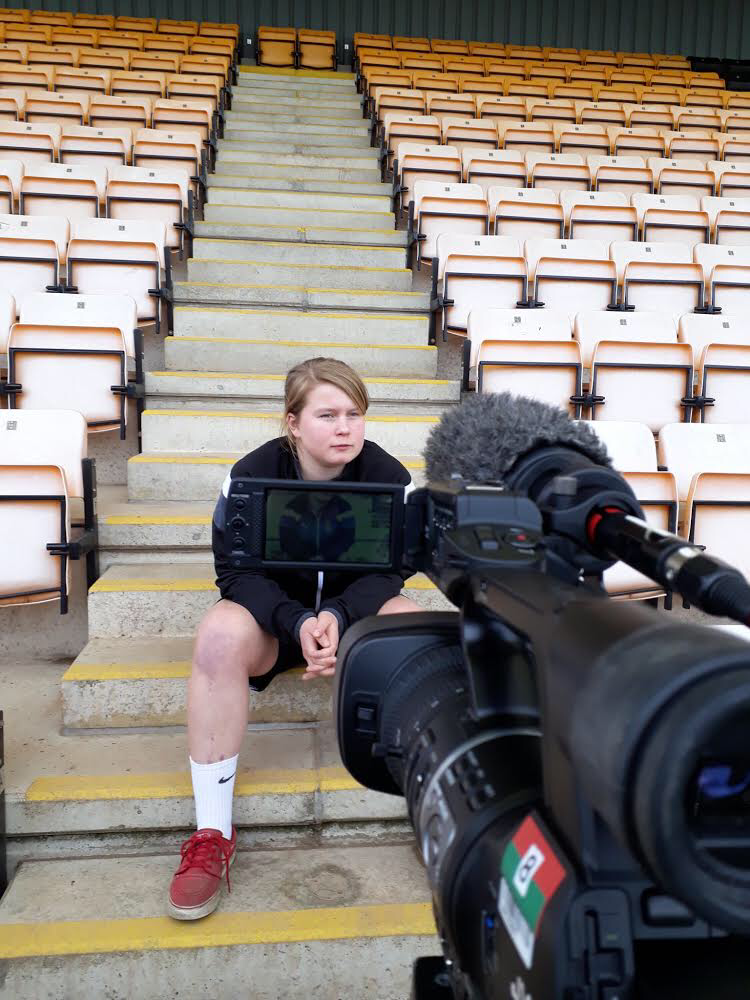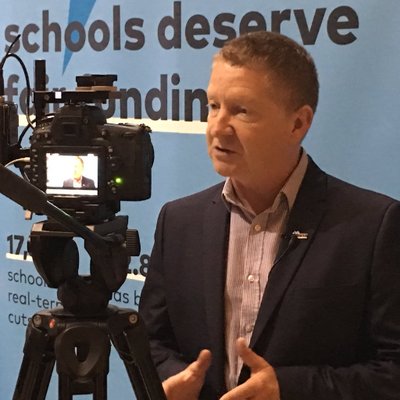Seeing the wood for the trees in teacher training.
It is sometimes difficult, when you are in the thick of training to be a teacher, to see the wood for the trees. I believe I’m fortunate to be able to offer a perspective on teacher training from two viewpoints. Let me explain. Firstly, from the relative calm of being a retired secondary teacher; with 36 years experience in three comprehensive schools, two urban, one rural and the last 20 of those years as deputy head.
Secondly, from seeing, at close hand, my son, last year, go through the experience of his Primary PGCE school-based training and now this year, his NQT year.
So what have these two viewpoints revealed?
- There is now a welcome and wholly appropriate emphasis upon pedagogy and assessment for learning.
- More than ever, trainees are now encouraged and guided to understand and care for each individual child.
- Yes, there’s more paperwork and forms than certainly when I trained and even when I managed ITT students at my school, but the last few years have seen a move away from tick boxes to meaningful and helpful prose providing feedback to the trainee.
- Training new teachers is also about developing and supporting school mentors who can and should play a pivotal role.
- Collaboration and support via social media can and does make a difference.
- Celebrating success and achievement is now recognised as so much more crucial to pupils’ learning and development than admonishment and reprimand.
- Innovation and individuality in teaching approaches are making a welcome comeback.
- Ofsted and accountability still loom large but now there’s less fear and greater confidence in ‘home grown’ monitoring and evaluation. After all, the new young teachers of today have most likely lived through more than one inspection as pupils.
It is, perhaps, worth being reminded of these 10 things NQTs have to endure throughout their first year of teaching; courtesy of Ross McGill aka @teachertoolkit.
- Some but not all, will successfully gain their (QTS) Qualified Teacher Status, yet fail their induction period.
- Some but not all, will come from traditional BEd, PGCE and School Direct routes, others from Teach First and SCITT.
- Some but not all, will be told to plan lessons in detail, considering lesson activity by time, not by learning.
- Some but not all, will struggle with behaviour management.
- Some but not all, will be given their own classroom space to develop their repertoire.
- Some but not all, will smile before Christmas!
- Some but not all, will develop positive relationships with their colleagues.
- Some but not all, will manage their workload and well-being rather well …
- Some but not all, will be teaching beyond 5 years.
- Some but not all, will go on to become great teachers and school leaders.
The country’s first “super” school-led scheme to train language teachers has been given the go-ahead by the government to recruit its first cohort this September – though numbers will initially be lower than anticipated due to the fallout from Brexit.
Sheffield Teaching School Alliance, based at Silverdale School, will be the first so-called “super SCITT” – school-centred initial teacher training – after getting the nod from the National College for Teaching and Leadership.
Officially named the National Modern Languages SCITT, it is backed by Sheffield Hallam University and a network of independent schools.
This super-SCITT will exclusively train modern foreign language teachers as more are desperately needed ahead of the planned introduction of the compulsory EBacc performance measure – for which 75 per cent of pupils are expected to study a language GCSE by 2022. Last year, just 40 per cent of 16-year-olds did.
Geoff Barton, the general secretary of the Association of School and College Leaders, welcomed the new centre but said the government “needs to do much more” to improve the supply of language teachers.
“It is one of the subjects where recruitment is most difficult, along with maths and science. And that is without the government’s plans to increase EBacc uptake, which would require many more language teachers.”
Barton said one of the “biggest problems” in recruiting MFL trainees is “the fact that A-level language entries fell last year because of severe funding pressures which are forcing schools to cut courses”.
England is therefore facing a “reduction in the pool of future language graduates at a time when we need to see it increasing”, he said.
The Department for Education previously told Schools Week that the government was “looking at the possibility of new subject-specific ITT hubs”.
So, is training to be a teacher still a tough job? You bet it is.
Do the ‘highs’ outweigh the ‘lows’? Yes they do, even when at times it seems they don’t.
Do I regret my 36-year career in teaching? No
Does my son regret going in to teaching? No, but I’ll keep you posted.






